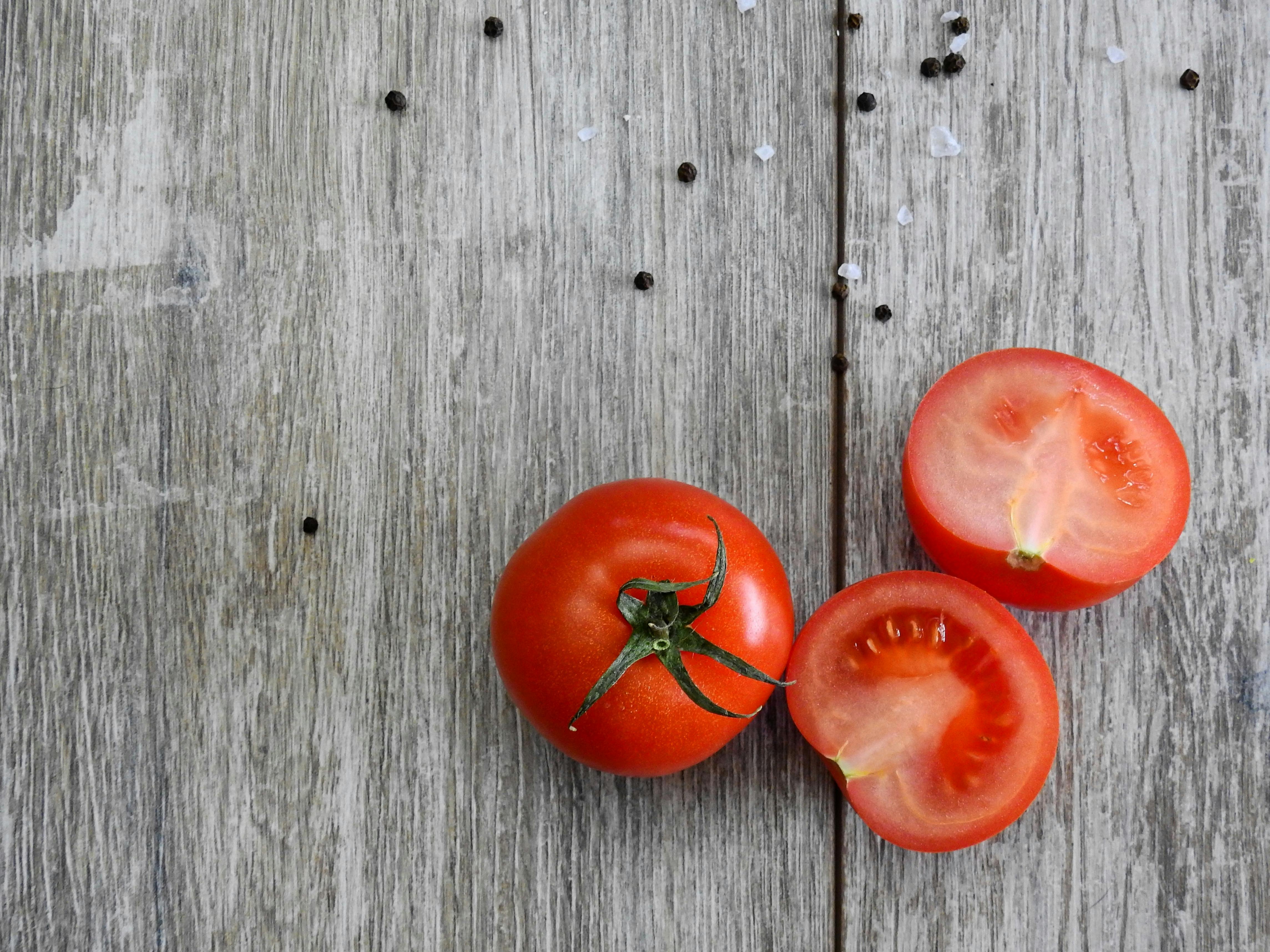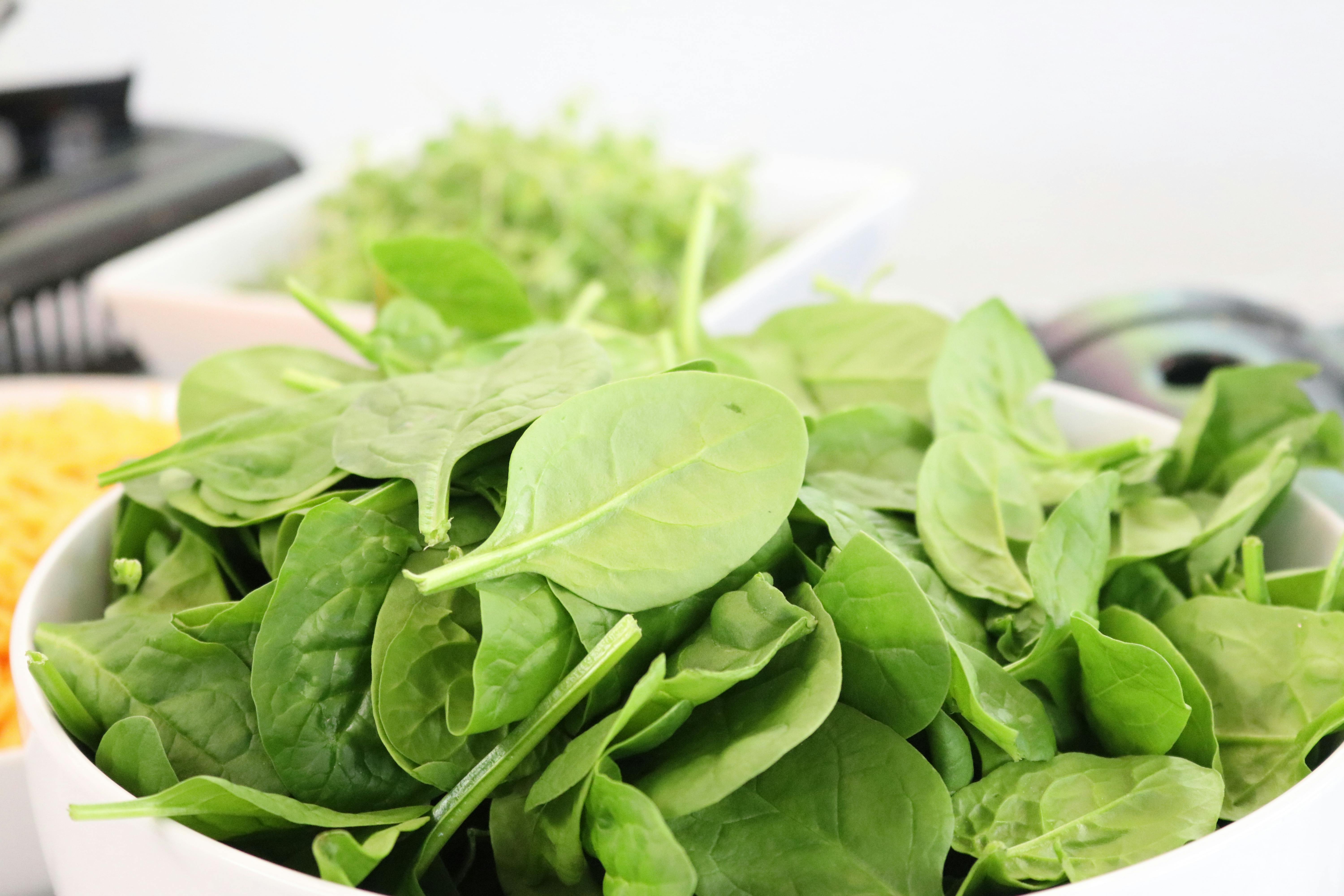Don't Toss Them: 10 'Bad' Vegetables That Are Actually Kidney Superstars
3. Tomatoes: Nightshade Nonsense, Renal Ally

Tomatoes have earned their share of doubters, mostly due to their status as nightshades and stories about their acidity. Some worry that tomatoes are inflammatory or hard on the kidneys, but science tells a friendlier tale. Bursting with hydration, vitamin C, and the antioxidant lycopene, tomatoes actually help cool inflammation and protect delicate kidney tissues from oxidative stress. Lycopene, in particular, has been shown to support the health of cells throughout the body, including within the renal system, while encouraging a balanced inflammatory response. Preparing tomatoes raw for salads, slicing for sandwiches, or simmering into homemade sauces unlocks their nutrients and brings fresh flavor to your plate. If you’ve skipped tomatoes due to acid fears, try pairing them with a drizzle of olive oil or mild goat cheese—they’ll feel gentler yet just as vibrant. For most kidneys, tomatoes are a welcome ally, especially when enjoyed as part of a colorful, produce-rich diet.
4. Spinach: Oxalate Overworry, Real-World Benefits

Spinach sometimes lands on the “don’t eat” list because it’s high in oxalates—compounds that, in large amounts, could increase kidney stone risk for susceptible individuals. But for people without a history of kidney stones, spinach is a nutrient powerhouse, packed with iron, folate, magnesium, plus vitamins A and K. Its high fiber content supports healthy digestion and can gently help your kidneys process waste. Moderation is key if you’re sensitive, but for most, including a modest serving of spinach a few times each week is a smart way to deliver concentrated nutrients. If you’re still concerned about oxalates, consider blanching spinach in hot water before eating or blending it into smoothies—these steps can lower oxalate concentration without sacrificing valuable nutrition. The key is variety; rotating spinach with other leafy greens not only reduces risk but brings delicious new flavor into your meals. Spinach’s reputation doesn’t need to overshadow all its gentle, kidney-friendly potential.
